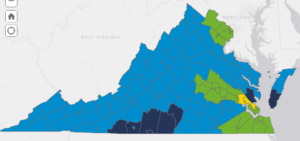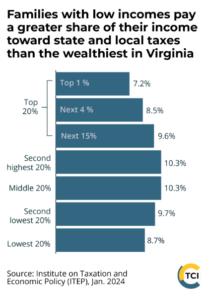by Jon Baliles
As noted, two weeks ago City Council approved the change to city code to make sure the city’s Finance Department only applies meals tax payments to the month for which the invoice is submitted. So, no more of the shady practice that had been applying a portion of say, May’s tax payment, to an outstanding balance from April’s bill. The reason that’s a bad idea is that the city could put any account in arrears but the business owner never knew because the city had a practice of not informing the business they were in arrears, which led to the crazy snowballing of interest and penalties that resulted in bills of $37,000, $50,000, and $68,000.
Samuel Veney, the owner of Philly Vegan, who was told by the city he owed $37,000 in penalties and interest, was eloquent and forceful at the City Council podium on February 12th. He implored Council not only to listen, but to hear what he way saying — he wanted to make sure they heard how he was missing time with his children and spending too much time dealing with the city’s screw-ups instead of working at his business. Said Veney:
What we are saying to y’all right now is to take the opportunity to make change happen. It shouldn’t have gotten this far and now that it has you actually have the opportunity to actually make change happen in a better way for our city. Continue reading











 from the Liberty Unyielding blog
from the Liberty Unyielding blog


